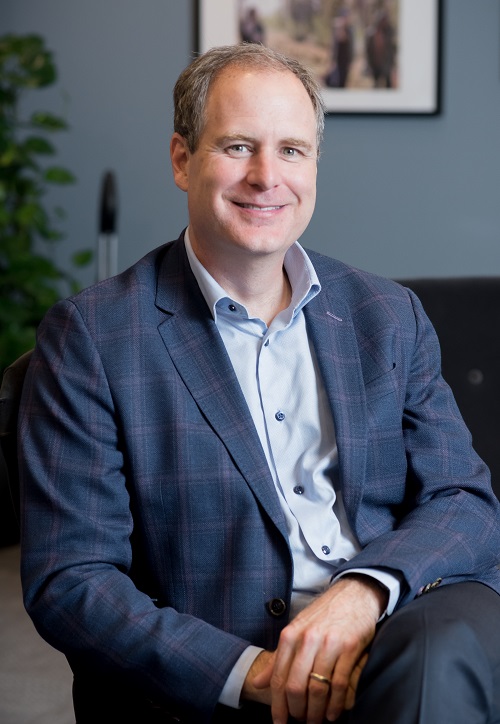
Nolan Pike, President and CEO of Electrolux North America, has been interviewed by AHAM, the US and Canadian Association of Home Appliance Manufacturers that, in the HomeWork section of its website decided to interview top executives from AHAM member companies to share what they have learned from the unprecedented events of the past year.
«We have five missions at Electrolux – Nolan Pike said – that prepared us to react to the pandemic while still driving towards our goals. Missions aren’t specific individual or team responsibilities; rather, they are everyone’s responsibility. By being clear about where we will and will not focus, it arms our employees and leaders to make good decisions. Meeting with and spending more time helping everyone understand their contribution to our success was such an important lesson from 2020 and it’s an area I will devote even more time to in 2021.»
Regarding the most significant consumer trends accelerated by COVID, Pike thinks that the first undoubtly derives from consumers spending more time eating at home.
«Early in the year – the North America President and CEO of Electrolux explains to AHAM – we saw a quick increase in demand for refrigeration as consumers stocked up on food. At mid-year, we started to see demand spike in cooking products. The demand far outpaced traditional duress replacement trends as consumers began upgrading their appliances. This was reinforced with consumers’ increased willingness to try new cooking methods. Products with air fry, air sous vide, and induction grew at much higher rates than those with less advanced technology.»
For facing such a difficult challanges as those of the last year, a very preious factor is mentorship. «Fostering and encouraging mentorships – Pike declares in the AHAM interview – are very important and it can take many shapes, including formal programs, informally reaching out to those you respect, or simply being open to employees who ask for help. During my career, I have had far more informal mentees than formal ones. In 2020, I converted quarterly mentee lunches into virtual one-on-ones, which worked great.
Even at this point in my career, there’s great value in a mentor. My own mentor lets me guide our relationship. He listens, asks probing questions, and tries to understand both my business and personal goals. He often brings forward valid development opportunities for me and he’s shown me a different approach to mentorship. It doesn’t have to just be the traditional approach of a mentor sharing their tried and true lessons. Now, I’m trying his approach with my own mentees.»



